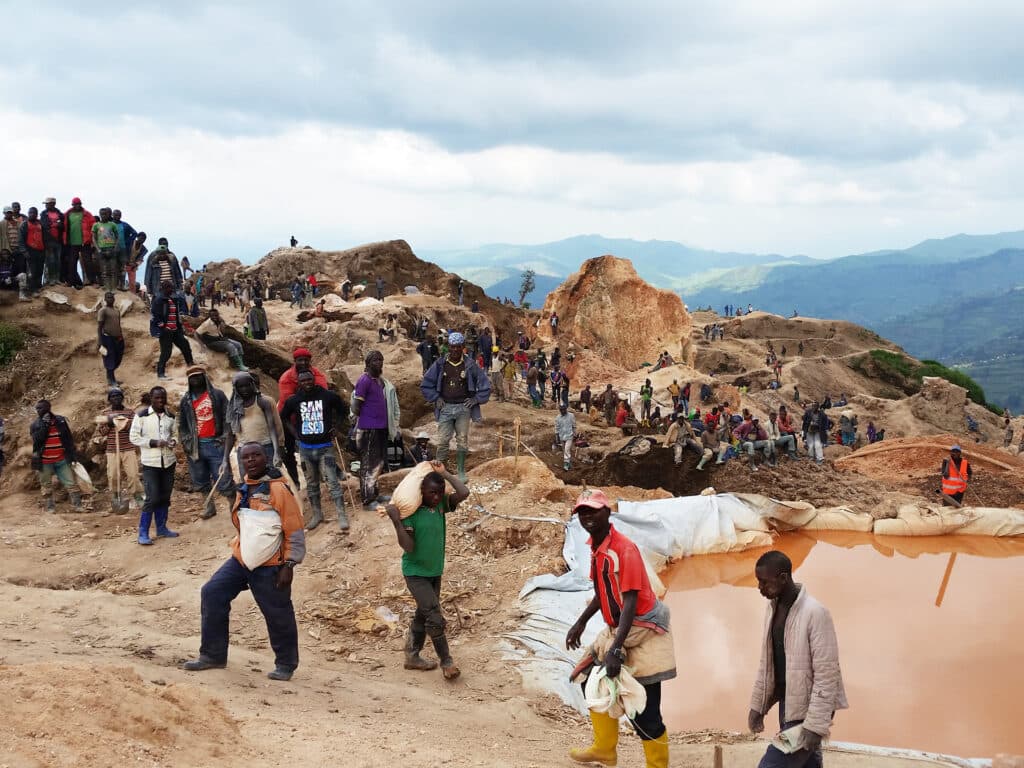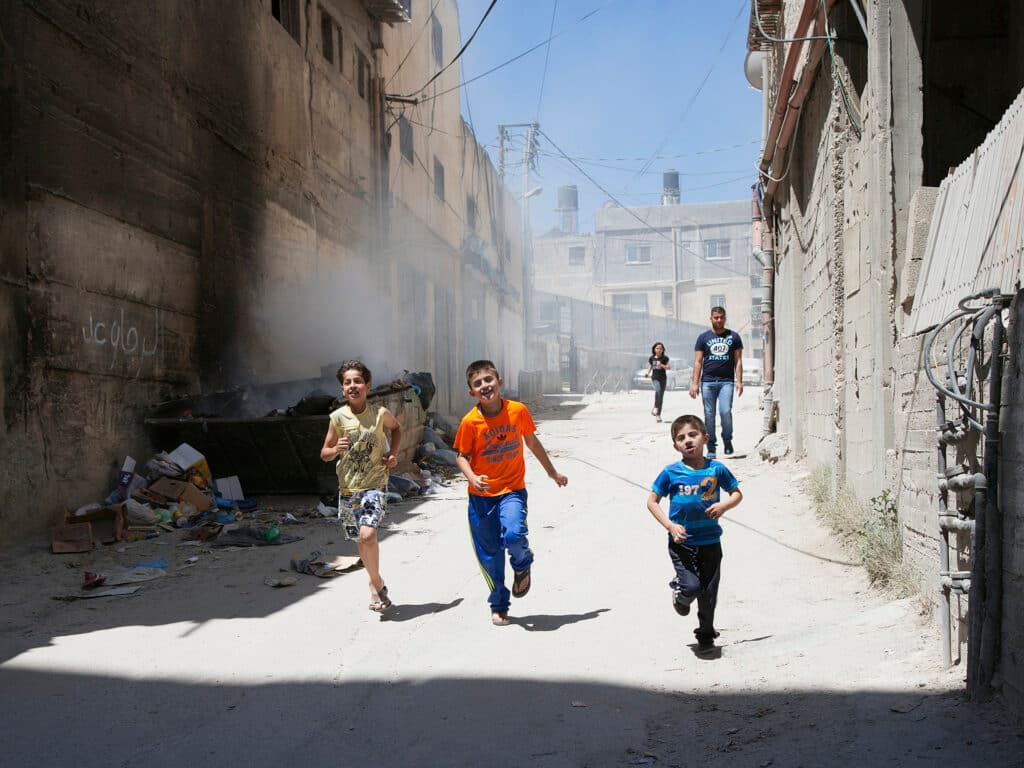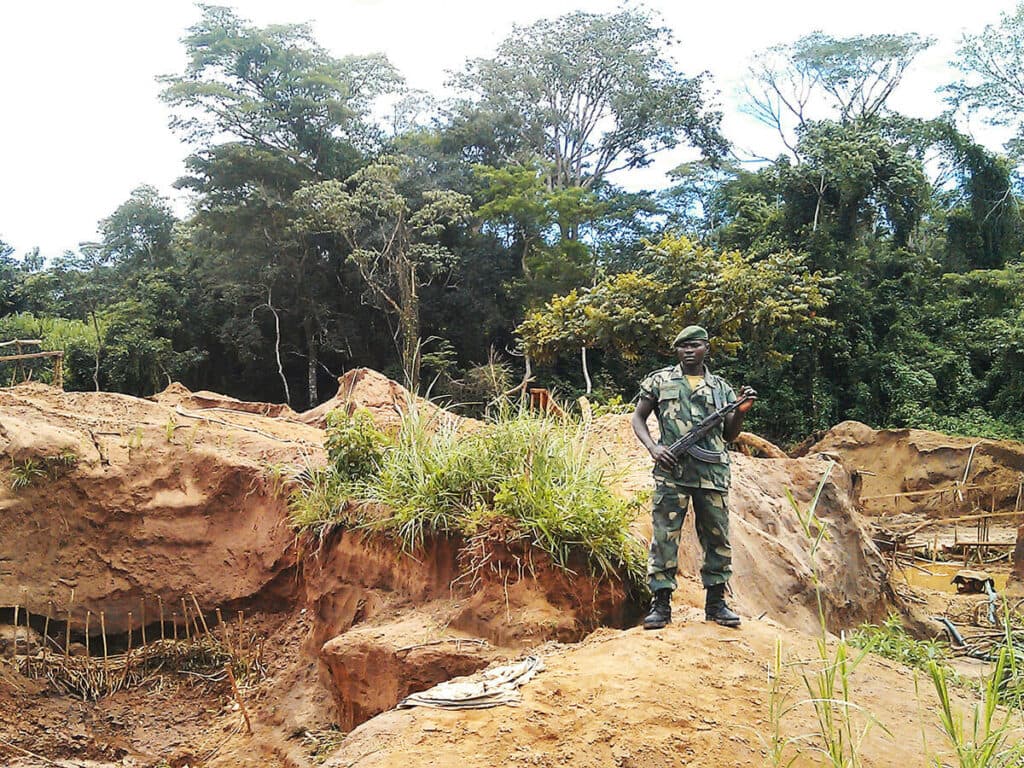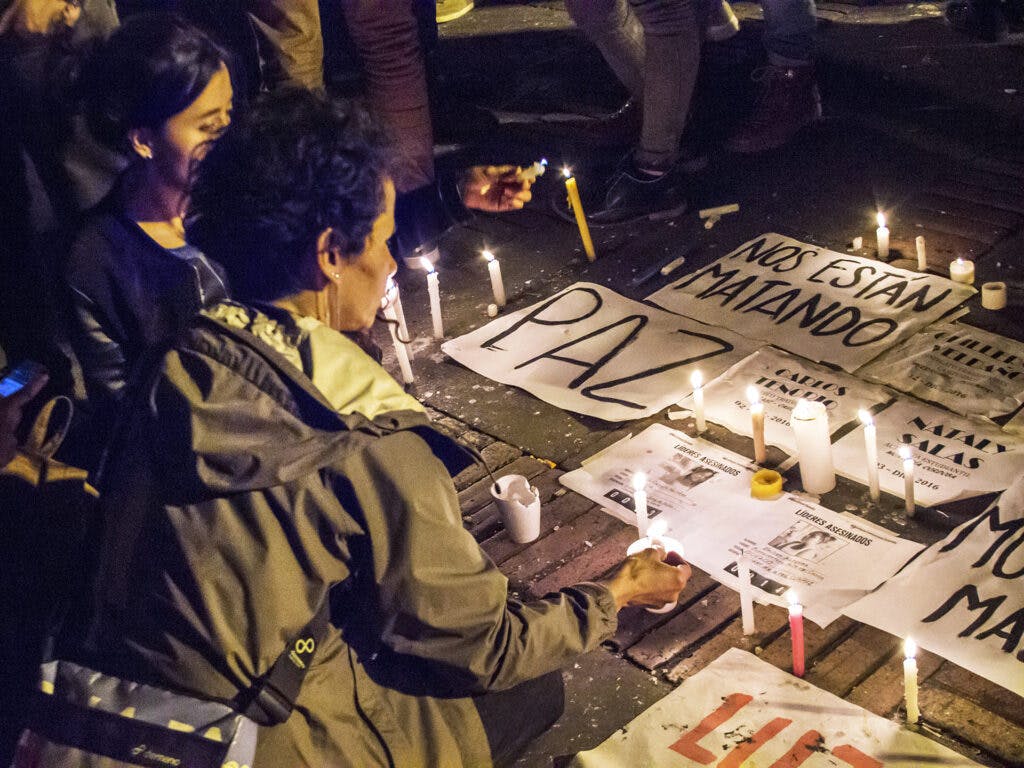
Conflict and justice
Armed conflict is one of the biggest threats to the rights of the poor to development. Diakonia and our partner organizations are present in many countries where this freedom remains very remote. We are working in these countries at many different levels to promote peace and justice.
Poverty in the wake of conflicts
Peace is more than the absence of war, armed conflict or organized violence. Real peace means that violence is eradicated and that conflicts are resolved by peaceful means.
In many of the countries where Diakonia works, people live in communities scared by ongoing conflict, or in a post-conflict situation. People are forced to flee, social structures have been smashed to pieces and women and men are forced for fight for survival. In addition, in the wake of climate change, these conflicts will only increase in number.
Working for real peace
Diakonia's point of departure is to always position itself on the side of the civilian population in a conflict. A decisive issue for us is how we can work to uphold international humanitarian law and for the protection of human rights.
Another important issue is working on the underlying causes of the conflict. We and our partner organizations work to spread knowledge about and strengthen efforts towards conflict management and reconciliation. For example, providing support to truth commissions, documentation of crimes against international humanitarian law, and to human rights organizations.
Diakonia is also actively engaged in analyzing and informing about the financial factors driving and exacerbating armed conflict. One specific area is our work on how buisnesses can act to avoid strengthening conflicts or worsening the situation for civilians.
UN resolutions against sexual violence
In conflict situations sexual violence increases, which primarily impacts women. The UN Security Council has adopted two resolutions (1325 and 1820) which state that women are to be given the opportunity to participate in conflict situations at all decision-making levels. These resolutions also aim to end impunity for the perpetrators and punish them, with the aim of preventing further acts of sexual violence. Diakonia is working to spread knowledge about these resolutions to women and men living in conflict situations so that they can lobby and influence their governments and government agencies.
When the world takes responsibility
Diakonia would like to see Swedish and European policies that contribute to resolving the conflicts in the countries in which we work. Building a truly peaceful society is a time-consuming process. In some cases, the parties to the armed conflict are not interested in achieving an end to the conflict.
For this reason, Diakonia is involved in advocacy in order to highlight the options decision-makers have to influence the course of events in regions afflicted by conflict. This may include the conditions placed on cooperation with other countries, monitoring the actions of Swedish corporations in weak states, preventing impunity for war criminals or establishing a dialogue on respect for human rights.
The conflicts in Israel/Palestine and the conflict in the Democratic Republic of Congo are two areas of particular focus for Diakonia’s work on conflict and justice.
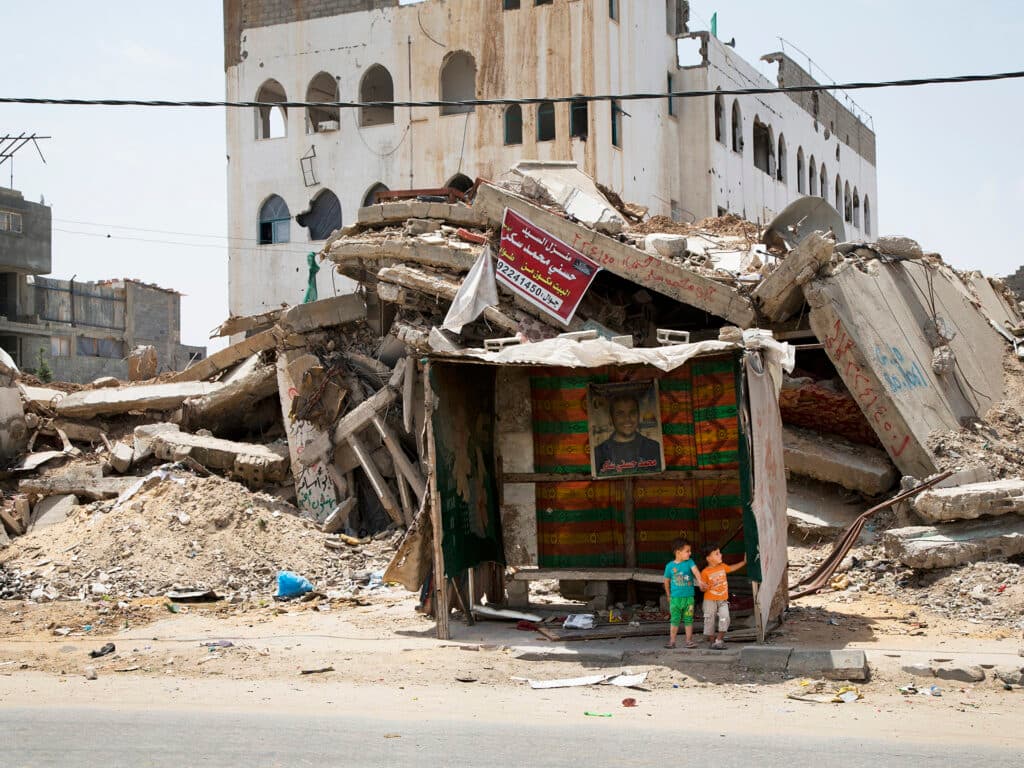
More humanity in conflict
International Humanitarian Law Centre
Diakonia’s International Humanitarian Law Centre (IHL) is focused on increasing respect and use of international humanitarian law in conflicts worldwide.
We believe that more humanity in conflict contributes to a world in which people and their communities can eventually live side by side and in peace.
